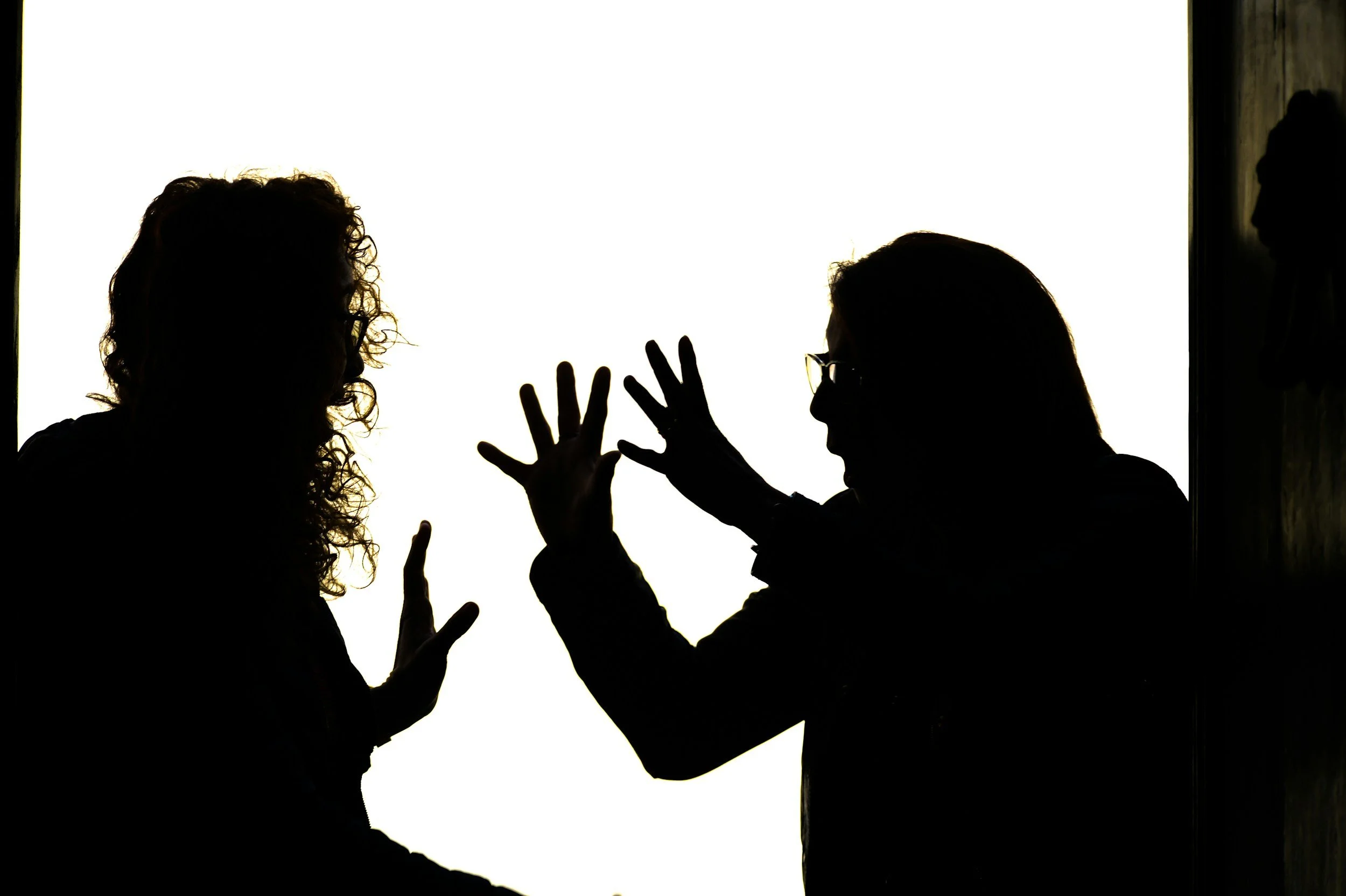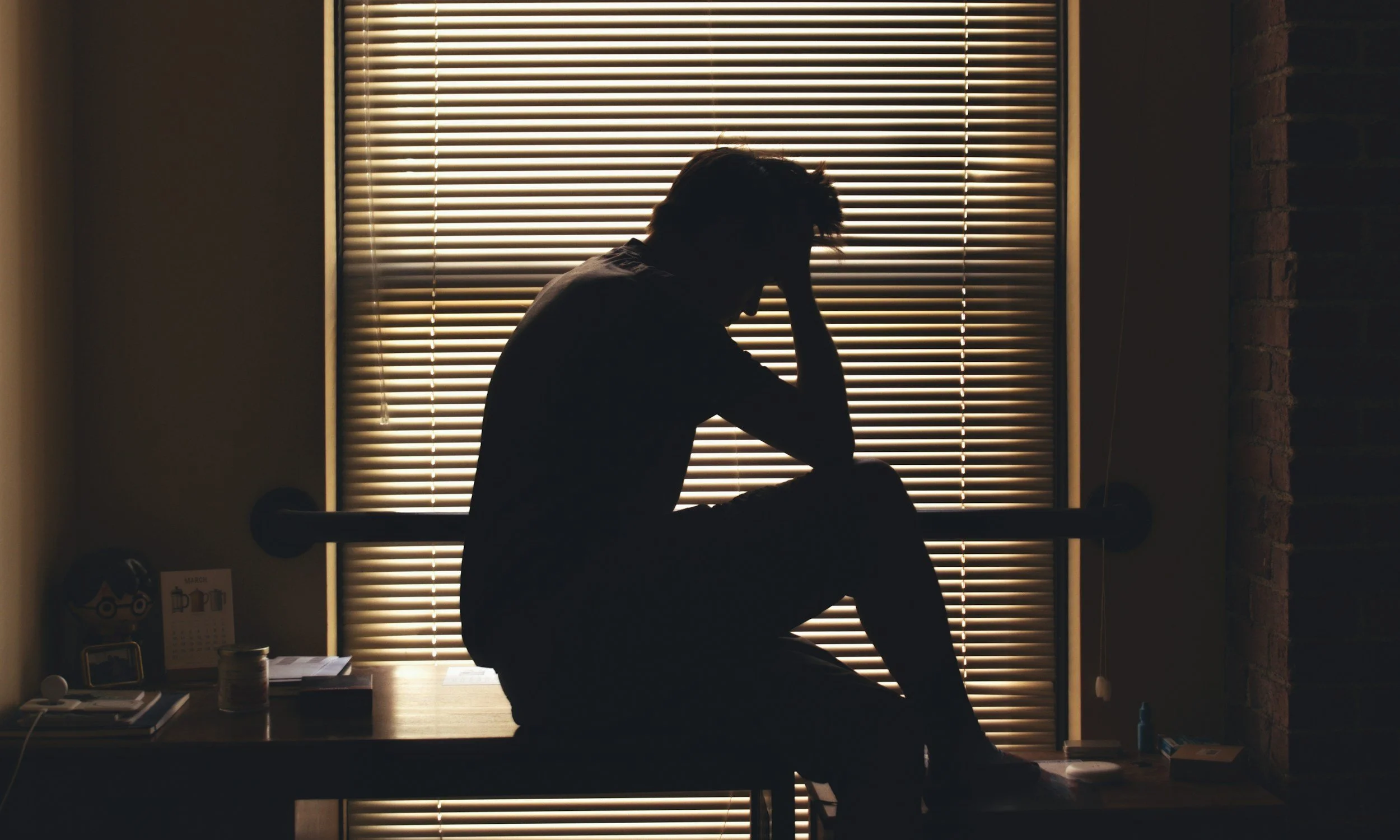Many daughters of toxic mothers carry invisible wounds that shape their sense of self, their relationships, and even their approach to motherhood. In a warm, private, pet-friendly space, therapy allows you to be truly seen, heard, and felt — no longer alone — as you move from suffering toward flourishing and reclaim your emotional life
The Emotional Suffocation of Enmeshment—and the Path Back to You
Enmeshment can quietly teach you to put others first while losing touch with yourself. When emotional boundaries are blurred—often beginning in parent-child relationships—love can feel like obligation, and closeness can feel suffocating. Many adults shaped by enmeshment struggle with identity, boundaries, and trauma bonds that make separation feel frightening, even when it’s needed.
Healing is about reclaiming your authentic self while learning that connection doesn’t require self-erasure.
If you’re seeking in-person therapy in Tribeca, NYC, I offer a private, pet-friendly home office and a free 15-minute phone consultation for those seeking depth, privacy, and true emotional presence.
Learning to Listen to Yourself: The Power of Self-Awareness
Self-awareness isn’t about fixing yourself—it’s about learning to listen. As you begin to identify your feelings in real time, you start to recognize what’s actually being stirred inside you rather than reacting on autopilot. Patterns shaped by trauma and anxiety begin to make sense, and triggers lose some of their power. With awareness comes the ability to pause instead of act out, to choose response over reaction, and to create more honest, grounded relationships. Therapy with me offers a steady, attuned space where this understanding can unfold gently, in the privacy of my calm, pet-friendly Tribeca home office, so you don’t have to do it alone.
The Quiet Pain of Growing Up Unseen
Many adults carry the quiet pain of growing up unseen, leaving lasting effects on relationships, self-worth, and the nervous system. This early relational trauma can fuel anxiety, depression, and feelings of disconnection. In-person therapy in Tribeca offers a safe, private, and pet-friendly space to gently meet your inner child and protective parts. Schedule your free 15-minute phone consultation at www.roneemillercounseling.com to begin healing.
From Protection to Connection: How Self-Awareness Opens the Door to Intimacy
Discover how self-awareness unlocks real intimacy and connection. Trauma and unprocessed experiences can quietly shape our reactions and block closeness, but in a private, soothing, pet-friendly home office in Tribeca, healing can begin. Through gentle guidance and a calm, supportive space, you can learn to know yourself, restore trust in your body, and open the door to deeper relationships.
FINDING EMOTIONAL HEALING IN TRIBECA:IN-PERSON THERAPY THAT FEELS SAFE
in-person therapy in Tribeca offers a space where you are truly seen and not alone. In my quiet, private, pet-friendly home office, we gently explore what you’ve been carrying and create room for healing, clarity, and renewed inner strength. With over 35 years of experience, I can help you move from suffering to flourishing. Schedule your free 15-minute phone consultation at www.roneemilercounseling.com.
When You Feel Alone — Even When You Don’t Want to Be
Feeling alone — even when you don’t want to be — can weigh heavily on your heart. When depression or anxiety make it hard to connect, therapy provides a space where you are truly seen, your emotions are honored, and the parts of you that have gone quiet can finally be noticed. You don’t have to carry this by yourself.
Start here: Schedule a free 15-minute phone consultation or visit www.roneemillercounseling.com.
Healing Through the Holidays: A Tribeca Therapist’s Guide to Caring for Your Heart
The holidays can awaken old trauma, anxiety, or depression, making even small moments feel heavy. You don’t have to carry it alone. In my Tribeca home office, I help people find steadiness, compassion, and space to breathe. Schedule a free 15-minute consultation: https://www.roneemillercounseling.com














